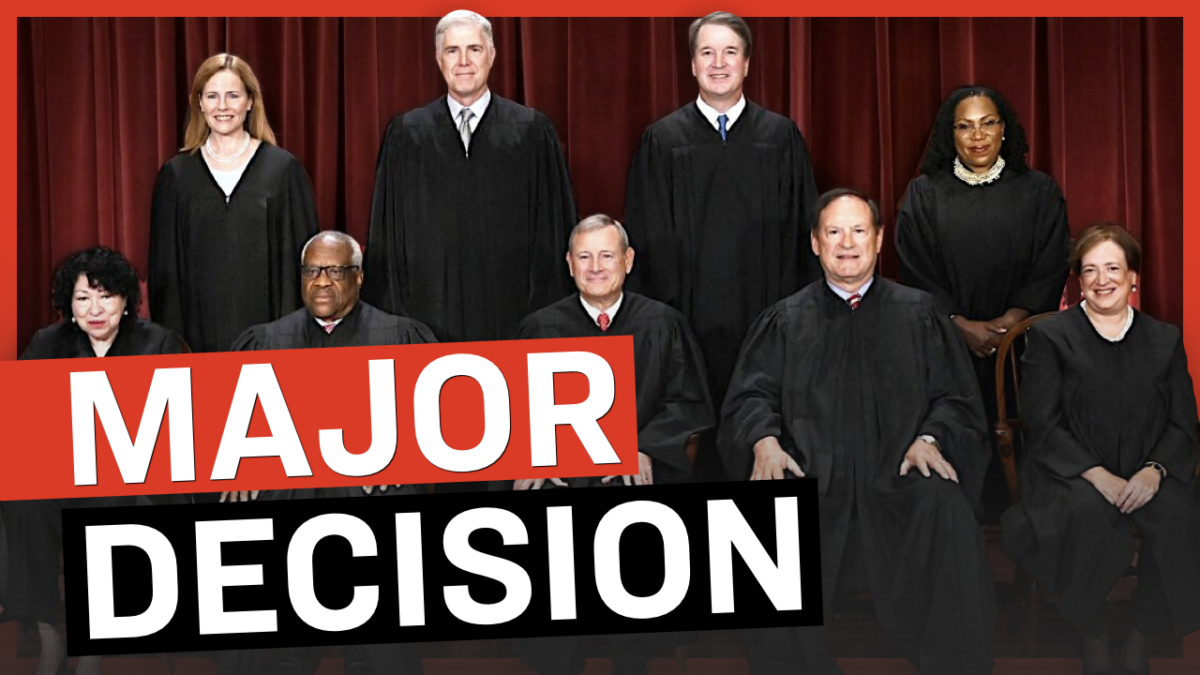
THE AMERICA ONE NEWS

Oct 9, 2025 |
0
| Remer,MNSponsor: QWIKET
Sponsor: QWIKET
Sponsor: QWIKET: Sports Knowledge
Sponsor: QWIKET: Elevate your fantasy game! Interactive Sports Knowledge.
Sponsor: QWIKET: Elevate your fantasy game! Interactive Sports Knowledge and Reasoning Support for Fantasy Sports and Betting Enthusiasts.
topic
The Epoch Times
20 May 2023

Two high-profile cases that came before the U.S. Supreme Court truly had the legal teams at Big Tech sweating bullets because they gave the court an opportunity to reevaluate Section 230.
Section 230 is the legal provision that exempts online platforms like Google, Youtube, Facebook, and Twitter from being held liable for content that’s posted by their users. It’s basically the small part of the U.S. legal code that allows them to be treated as platforms rather than as publishers.
After months of legal back and forth, in a unanimous decision Thursday, the Supreme Court sided with Twitter, Google, and Facebook—although, in an interesting turn of events, the court actually side-stepped the question of Section 230 altogether.
